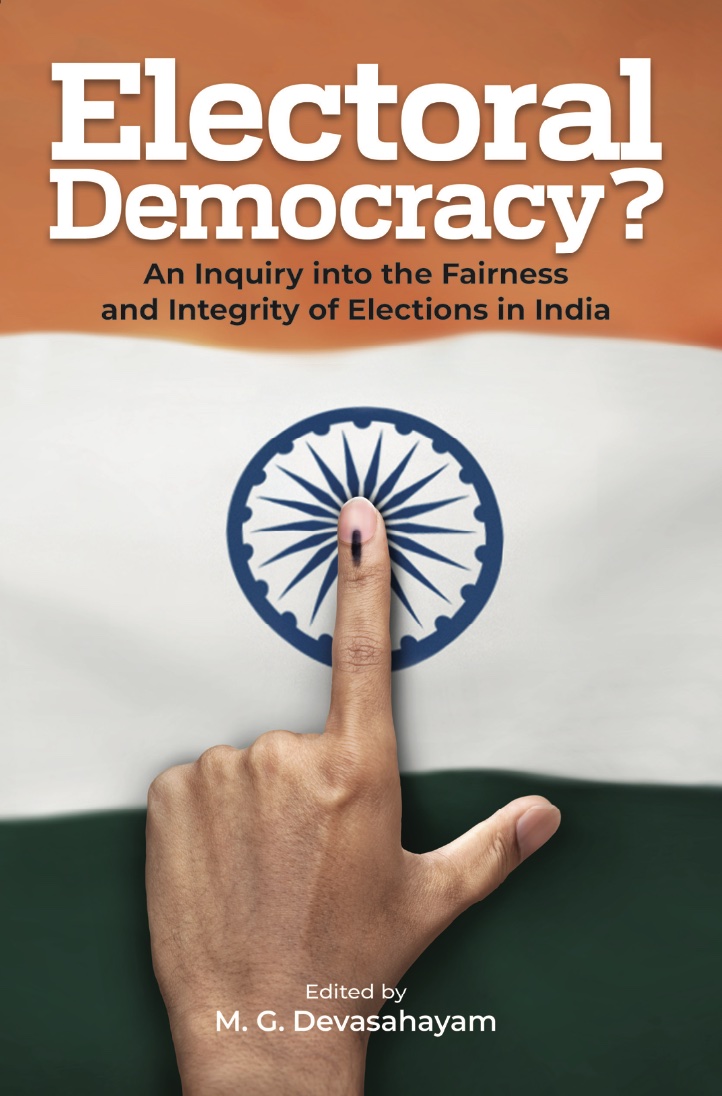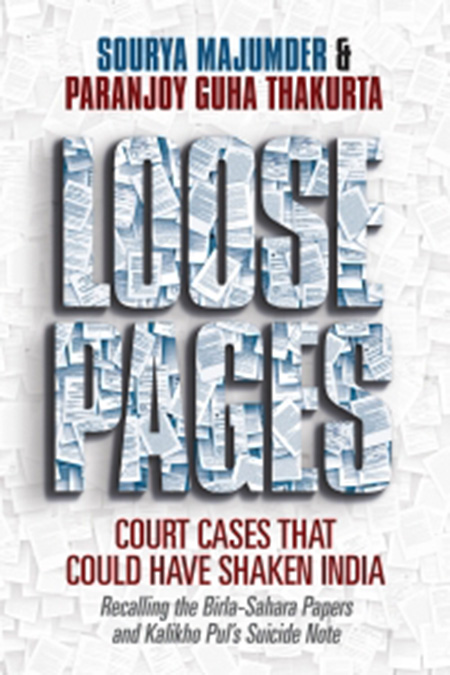General elections in India are often described as the ‘greatest show on earth.’ In sound, smell and style, India’s elections are unique. To an outsider, these appear as ‘chaos unlimited.’ India is valued the world over for its electoral democracy. The credit for this goes to its people; they are its propulsive force and its energy. The engine that drives the vehicle is the Election Commission of India (ECI). There are several distinct aspects to an election: unbiased, fair and inclusive voters’ rolls; honest and transparent funding, processes of nomination of candidates and campaigning; stringent and equitable compliance with laws, rules and codes, with the media playing fair, and, above all: integrity in the polling of votes, counting them and declaration of results. All these are challenging tasks that successive ECIs had, by and large, performed in a non-partisan manner. Unfortunately, no longer. What is worse, the ECI is unable, nay unwilling, even to ensure core ‘democracy principles’ while conducting elections for the ‘world’s largest democracy.’ The Commission has not been able to provide an assurance to the country’s citizens that her/his vote is cast-asintended, recorded-as-cast and counted-as-recorded. How then can India call itself an ‘electoral democracy’? The answers and explanations are delineated and discussed threadbare in this book which includes two reports of the Citizens’ Commission on Elections comprising retired civil servants, former judges and leading academics, activists and journalists. This is the first time such due diligence has been done on India’s ‘electoral democracy,’ which many have so far taken for granted, never mind the cancerous growth in the systematic efforts to destroy the probity of election processes.
Electoral Democracy?


